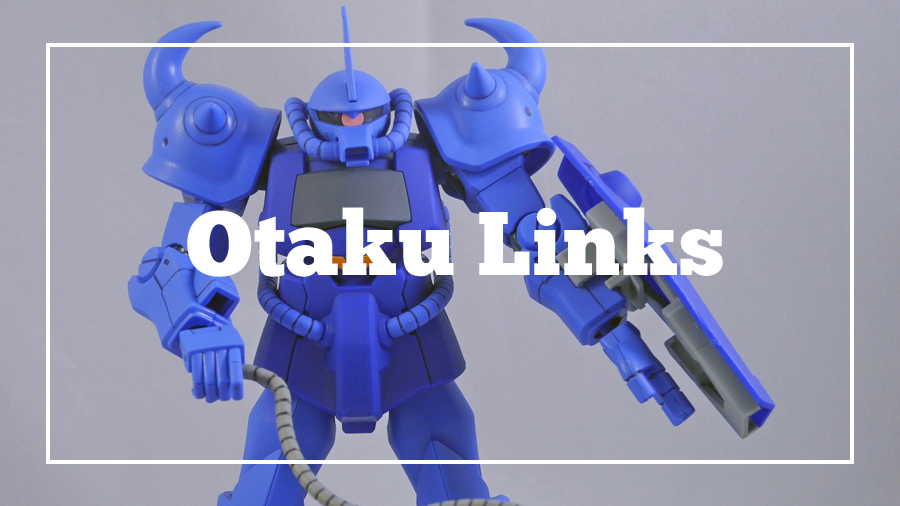- Make a list of your favorite topics to read, write, and learn about. Include everything you habitually find yourself interested in, even if at first thought it sounds unprofessional or silly. Give this task the time it deserves, by settling down with pen and paper for an hour.
- Pick one that’s broad enough to make a career out of. You’ll know it’s the one when you can come up with ten different article ideas about that topic in ten minutes or less. Decide to become a writer that specializes in this topic.
- Start telling people that this is your job. Build a blog that introduces you as Your Name, Writer and indicates your specialty. Use your social media accounts to share helpful links on this topic. To keep yourself accountable, begin telling everyone you know that this is your job.
- Begin pitching editors and other people in positions to hire you. Introduce yourself with your new job title, and pitch some of the article ideas you generated in step two.
- Paying work may not come right away. Write all the time anyway. Assign yourself articles to write, and publish them regularly on your blog. Your identity as a niche writer is valid as soon as you begin putting effort into it, not as soon as you begin getting paid.
- Begin to get acquainted with the people in your niche. Get to know community leaders. Find out where other people who are interested in this topic spend their time—both online and off. Introduce yourself to the other writers covering this topic. When you publish an article on your topic, make sure to let these people know.
- You may not have been very good at journalism at first. You may not have been a trained writer or experienced with web publishing. Keep learning and pushing yourself. Read books, tutorials, and the articles of writers you admire. As you continue to practice by posting on your blog, you will get better.
- As you continue to share your work and that work keeps improving, people will start to notice. Some of these people will be able to hire you. Take the opportunities that feel right to you, and celebrate your victories.
- As the opportunities continue to accumulate, consider quitting your day job. If you can make enough on your writing alone, and it feels right to you, quit. If you prefer to keep your niche writing as a side gig, don’t. In both cases, stay choosy about your job opportunities, picking places to write that treat you and your topic well.
- You are becoming a known writer in your field. This is only the beginning. Continue to improve by taking on larger and more ambitious projects. Write books or teach courses alongside writing articles. Begin thinking about what you want to be remembered for as a writer. Do work you can be proud of that reflects that.
P.S. If you’re wondering how I know this works, I lived it. Still living it, in fact. And I look forward to letting you know what steps 11 through 20 are, someday.
Photo credit: David Joyce





